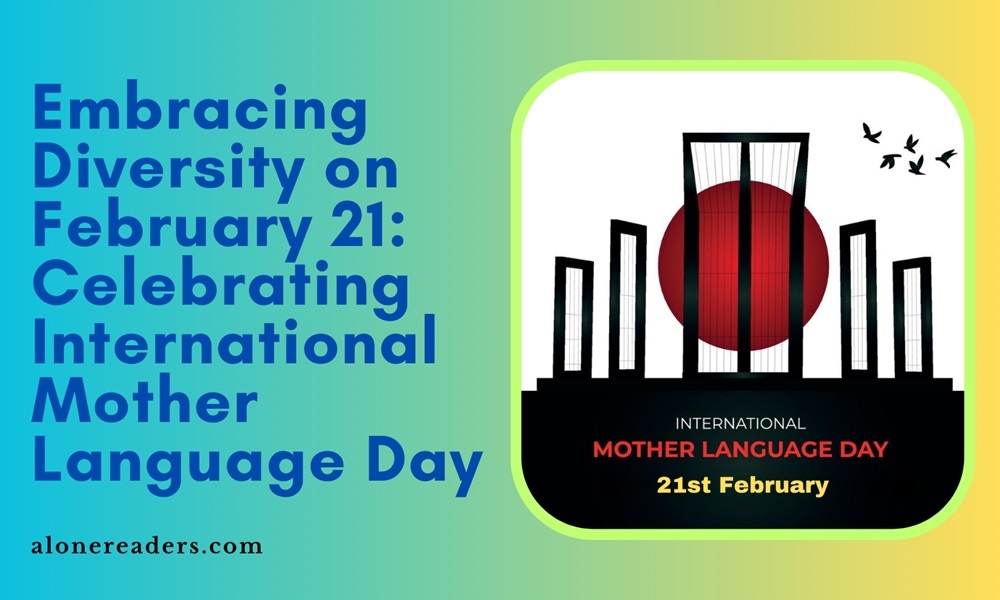
International Mother Language Day is a worldwide annual observance held on February 21st to promote awareness of linguistic and cultural diversity and to advocate for the preservation of mother languages. This day was proclaimed by UNESCO in 1999 and has been observed globally since 2000. The commemoration of this day holds great significance in fostering multilingualism and preserving cultural identities.
The roots of International Mother Language Day can be traced back to Bangladesh (formerly East Pakistan), where a language movement took place. On February 21, 1952, students demonstrating for recognition of their language, Bengali, as one of the two national languages of Pakistan were shot and killed by police in Dhaka, the capital of what is now Bangladesh. This tragic event led to the recognition of Bengali as a national language and subsequently inspired the establishment of International Mother Language Day to honor the students' sacrifice and promote linguistic diversity.
Mother languages are integral to an individual's identity and heritage. They are the first languages we learn and play a crucial role in shaping our thought processes, emotions, and cultural connections. Preserving mother languages is crucial for the protection of cultural diversity and for the transmission of traditions, beliefs, and knowledge from one generation to the next.
In an increasingly globalized world, many languages are facing the threat of extinction. The dominance of widely spoken languages like English, Spanish, and Mandarin, combined with factors such as urbanization, migration, and the homogenization of cultures, has put numerous indigenous and minority languages at risk. It is estimated that a language disappears every two weeks, taking with it an irreplaceable part of our human heritage.
International Mother Language Day serves as a reminder to celebrate and protect linguistic diversity. Governments, educational institutions, and cultural organizations around the world participate in this day by organizing various activities such as language festivals, workshops, and seminars. These events aim to promote the study and preservation of mother languages and encourage linguistic inclusivity in education and societal contexts.
One of the key objectives of International Mother Language Day is to advocate for multilingual education. Research has shown that children who receive education in their mother tongue in the initial years of schooling tend to learn better and have a stronger foundation for learning additional languages. Multilingual education also promotes inclusivity and respect for cultural diversity.
In recent years, technology has played a significant role in preserving endangered languages. Digital platforms, social media, and language-learning applications are being utilized to document, teach, and revitalize languages that are at risk of disappearing. Initiatives like online dictionaries, digital archives, and language apps are valuable tools in the fight against language extinction.
The observance of International Mother Language Day fosters global collaboration in the preservation of languages. International organizations like UNESCO, alongside governments and local communities, work together to develop policies and strategies that support linguistic diversity and language rights. This collaboration is vital in ensuring that all languages are given equal importance and that speakers of minority languages have their voices heard.
As we celebrate International Mother Language Day, it's important to recognize that preserving linguistic diversity is an ongoing effort that requires the commitment of individuals, communities, and nations. By embracing our linguistic heritage and promoting the use of mother languages, we can ensure that our world remains a rich tapestry of cultural and linguistic diversity. This day reminds us of the beauty and importance of every language and the need to preserve this diversity for future generations.